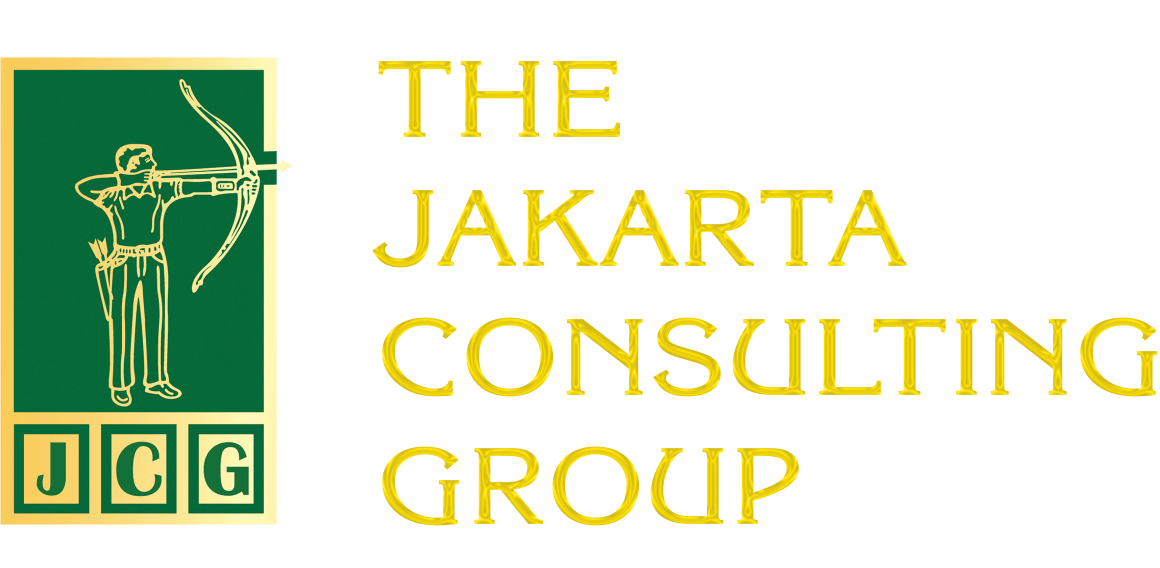Nepotism is a behavior that shows excessive favor to close relatives; the tendency to prioritize (benefit) one’s own relatives, especially in positions, ranks within the government; and the act of choosing one’s own relatives or relatives to hold the government. However, nepotism does not only occur in government. Any organization, no matter who owns it, can do it. Therefore, this article does not limit nepotism to just one organization, but in general.
So far, nepotism has been perceived negatively. That is, nepotism is something that is not good; it deviates from the general measure. However, many practice it because it is seen as pragmatic, a quick way to gain trust and loyalty. For its opponents, nepotism is considered to breed injustice and inefficiency. So how is it?
Controversy
Nepotism is indeed a controversial topic. For the pros, nepotism has its benefits. Most notably, nepotism provides opportunities for individuals to get jobs based on personal connections, not just qualifications. Nepotism can be a catalyst for individuals to enter the workforce, especially when the conventional application process may be difficult or ineffective.
Next, better collaboration and communication due to knowing each other better. These established relationships are an asset to trusting and being open with each other, allowing for effective teamwork and problem-solving. This can increase productivity and efficiency in the workplace.

The practice of nepotism can save time and money on recruitment. This is especially useful in small businesses or family businesses, where mutual trust and familiarity are important. They cannot afford to recruit competent and experienced people.
Nepotism is often associated with family businesses. In this case, family businesses have an interest in passing on their values to the next generation. Generally, these values are only deeply understood by family members. Hence, recruiting family members is preferred because they share the same vision, commitment and loyalty, while succession is also easier. As for outsiders, this understanding must be instilled first, which of course takes time.
Nepotism does not always hinder business development. In some cases, it is the opposite. Relatives who have a deep understanding of the company’s culture and operations can adapt quickly for the sake of the organization’s development.
Resentment and Uncertainty
But for those who are against it, nepotism has many disadvantages. Nepotism can lead to feelings of resentment and dissatisfaction from other employees who feel unfairly treated. The perception that promotions or job opportunities are based on personal relationships rather than merit can create an unhealthy work environment and erode employee morale.
Nepotism has the potential to exclude more qualified candidates. The most dangerous is if less qualified individuals occupy strategic positions. This certainly has an impact on organizational performance.
Nepotism also creates a toxic work environment. It is characterized, for example, by distrust and infighting among employees. In family businesses, over-prioritization of family members makes non-family employees feel undervalued. This makes the family business unattractive to work for.
Nepotism can create bias in HR management. Bias is the tendency to favor or oppose one thing, person, or group over another in an unfair way. In performance appraisals, for example. Employees who are the result of nepotism get good ratings when they don’t deserve them. And vice versa. In rule enforcement, nepotized employees tend to avoid punishment if they violate the rules. Even if they violate, the punishment is light.
Most often encountered, nepotism can foster unethical behavior, such as corruption. Integrity is damaged. The reputation of the organization is tarnished. Trust in the organization’s capabilities plummets.
Not Always Illegal, But…
Nepotism is not always illegal. But in reality, it has many disadvantages. Organizations that allow nepotism to go unchecked have proven to be mediocre performers (if not inferior), not super. Meritocracy remains the best option if organizations want to excel and perform optimally.
What about family businesses? Perhaps, nepotism is acceptable as long as competence and professionalism are considered. This is in line with its name, which is a family-owned and managed business. Of course, strategic positions are sought to be filled by the family. The good news is that family businesses have an interest in maintaining the reputation of not only the business but also the family. If the family business collapses or its reputation is damaged, the family’s life is in danger. For that, they need competent people, who often have to be recruited from outside the family. Therefore, they control nepotism as much as possible. How can they do this? By setting clear and strict rules and criteria for family members who want to work in the company. In addition, the rules must be enforced fairly. If a family member breaks the rules, they should not be tolerated.
#nepotism #pragmatic #controversial #family business #generation successor #toxic work environment #biased #medioker
Related Posts:
Family Business: Should Leadership Always Stay in the Family?
Organizational Structure in Family Businesses: Formal on Paper, Personal in Practice
The Dynamics of Family Business: The Unexpected Role of the In-Law
Why Are SOPs Often Challenging to Implement in Family Businesses?
THE JAKARTA CONSULTING GROUP PRESENTS











